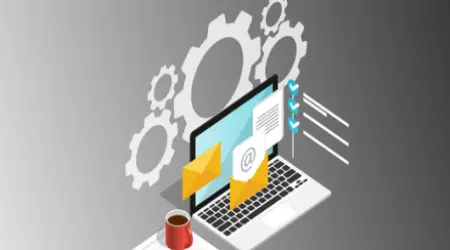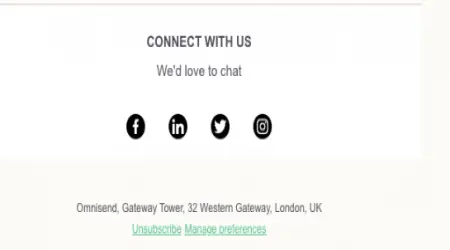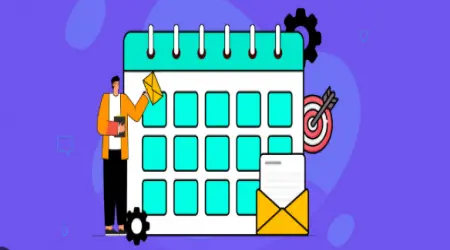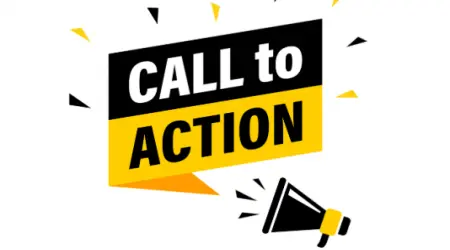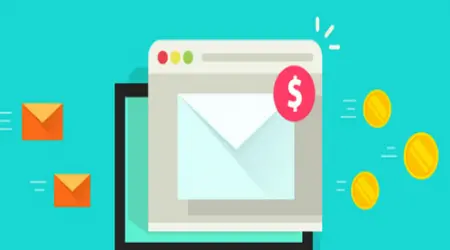

Building Trust Through Email Marketing
Building Trust Through Email Marketing
In a world of constant distractions, inbox overload, and rising skepticism, trust is your most valuable currency in email marketing.
You’re not just trying to get clicks—you’re building relationships. And trust is the foundation of every lasting relationship.
This article explores how to use email marketing to establish, grow, and maintain trust with your audience—so they not only open your messages but also believe in your brand.
1. Why Trust Matters in Email Marketing
People buy from brands they trust. They open emails from names they recognize. And they click on content that feels genuine.
Trust leads to:
Higher open and click-through rates
Stronger customer loyalty
More referrals and word-of-mouth
Increased long-term revenue
Without trust, your emails are just noise.
2. Set Clear Expectations from Day One
Trust starts the moment someone joins your email list.
Be transparent:
Tell them what type of content they’ll receive
Say how often you’ll email them
Deliver on what you promised
Welcome emails are a perfect place to establish tone, value, and expectations.
3. Be Consistent with Your Branding and Tone
People trust what’s familiar.
Use consistent:
Brand voice (formal, friendly, witty, educational)
Colors and logos
Sender name (“[Your Brand] Team” or a real person)
Consistency builds credibility over time.
4. Prioritize Value Over Promotion
If every email is a sales pitch, people tune out—or worse, unsubscribe.
Earn trust by offering genuine value:
Tips
Educational content
Free tools or guides
Curated resources
Stories that inspire or inform
Use the 80/20 rule: 80% value, 20% promotion.
5. Personalize Thoughtfully
Personalization goes beyond “Hi [First Name].”
Trust-building personalization includes:
Relevant product recommendations
Behavior-based content
Referring to past purchases or preferences
Segmenting based on interest or need
Show subscribers that you know them, not just their name.
6. Use Human Language, Not Hype
Avoid clickbait, overused sales phrases, or overly corporate language.
Instead:
Write like you talk
Show empathy
Be real—even vulnerable when appropriate
People trust people, not faceless companies.
7. Back Up Claims with Proof
If you make a promise, support it:
Use testimonials or customer stories
Include data or case studies
Show behind-the-scenes evidence (how it works, who makes it)
Transparency builds confidence.
8. Make It Easy to Unsubscribe
This may sound counterintuitive—but giving people control increases trust.
If unsubscribing is easy, people are more likely to stick around because they feel safe, not trapped.
Avoid dark patterns or tiny, hidden unsubscribe links.
9. Be Transparent About Data Use
Let subscribers know:
How you use their data
That you protect their privacy
That you’ll never spam or sell their info
Link clearly to your privacy policy and stay compliant with laws like GDPR and CAN-SPAM.
10. Be Responsive and Available
Trust isn’t one-way. Encourage replies and respond when people reach out.
Use reply-to addresses that go to real inboxes. Add contact info and social proof in your email footer.
11. Own Your Mistakes
If something goes wrong—a broken link, wrong name, or major glitch—acknowledge it quickly.
Apologize with honesty and humility. People forgive mistakes more than they forgive silence or deflection.
12. Deliver at the Right Frequency
Too many emails feel spammy. Too few feel disconnected.
Find your rhythm and stick to it. Let subscribers choose frequency in your preference center if possible.
13. Show Social Proof and Community
Include:
Reviews or ratings
Photos from customers or events
Links to social media where your community is active
Trust grows when people see others trusting you too.
Final Thoughts: Trust Is Earned, Not Demanded
Email marketing isn’t just about sales—it’s about relationships.
And just like in life, relationships grow through consistency, honesty, empathy, and real value.
When your subscribers trust you, they don’t just open your emails—they welcome them.
Build trust deliberately, and your emails will never feel like interruptions. They’ll feel like conversations.
